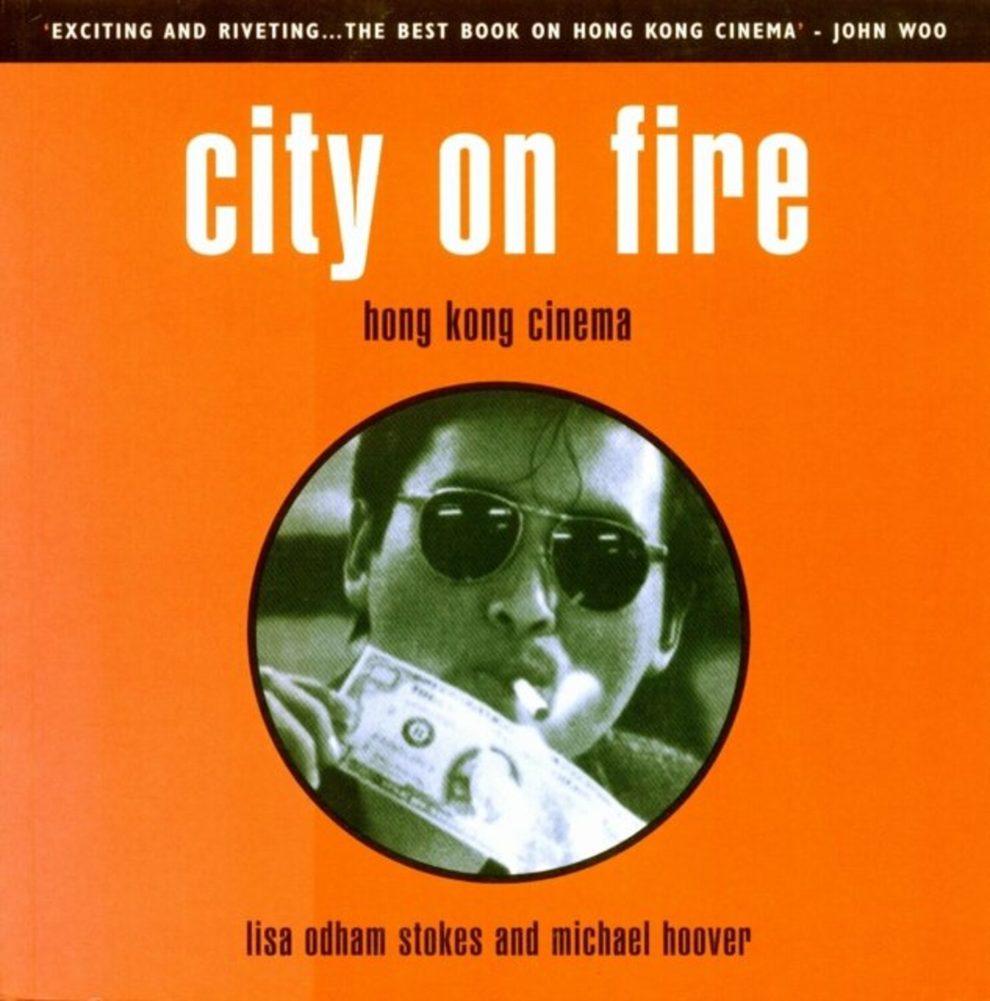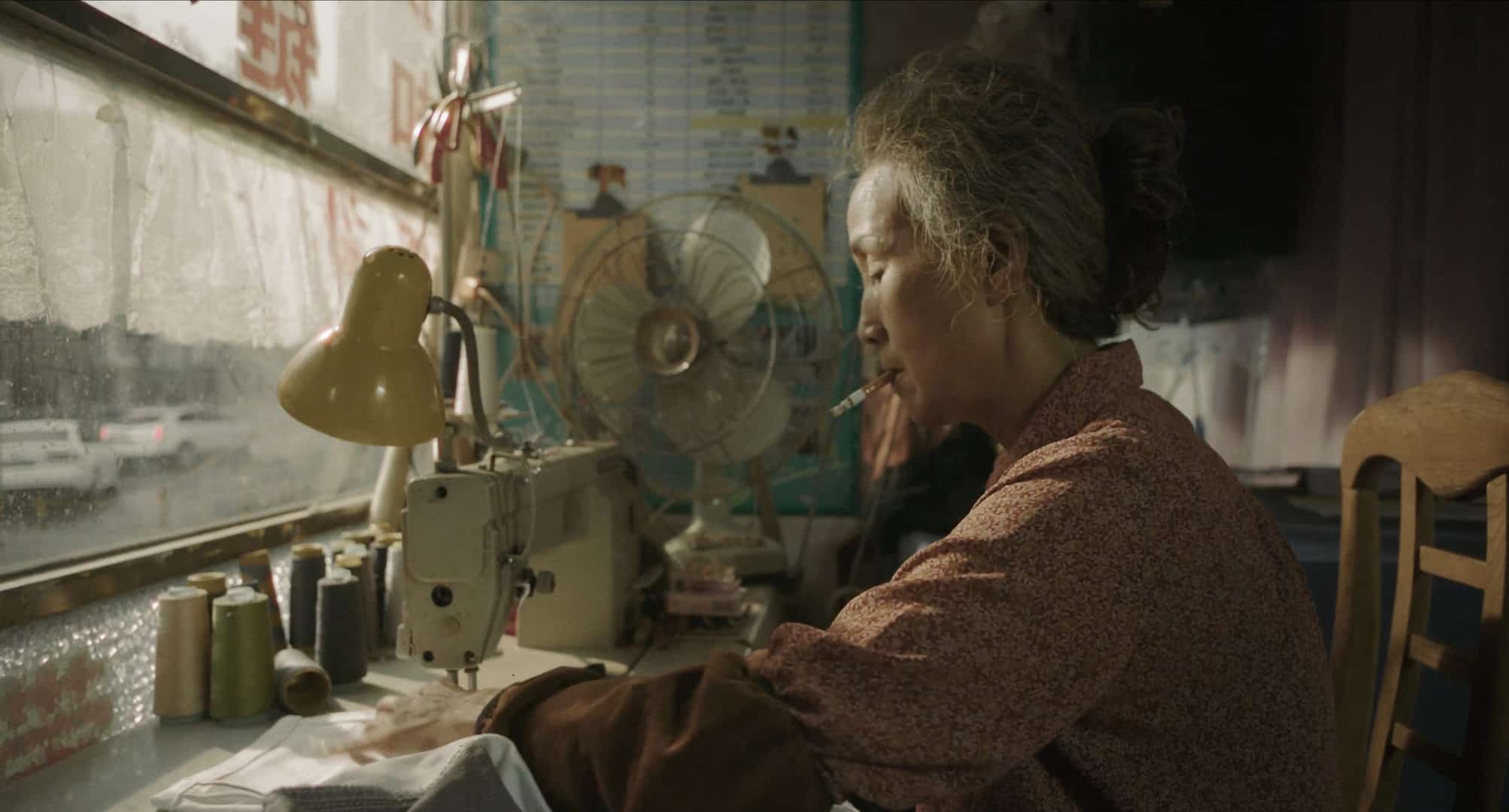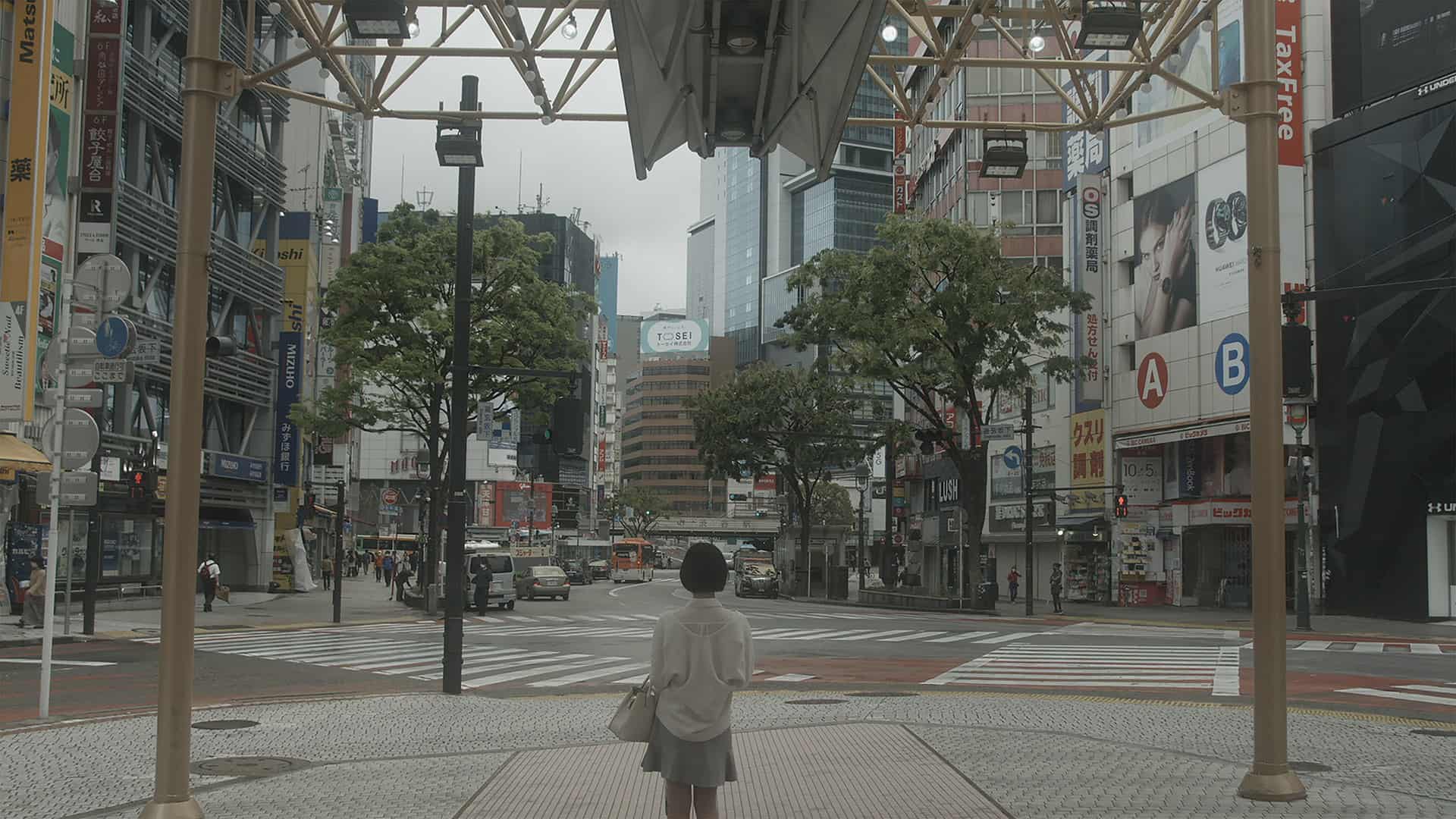When you read comments like “You'll never find another book on Hong Kong cinema that is so informative and so much fan” and “Lisa Stokes and Michael Hoover have written the best book on Hong Kong cinema” and even more, and when these comments come from the likes of Stanley Tong and John Woo respectively, you know you are in a for a treat and “City on Fire” definitely does live up to the comments.
Buy This Title
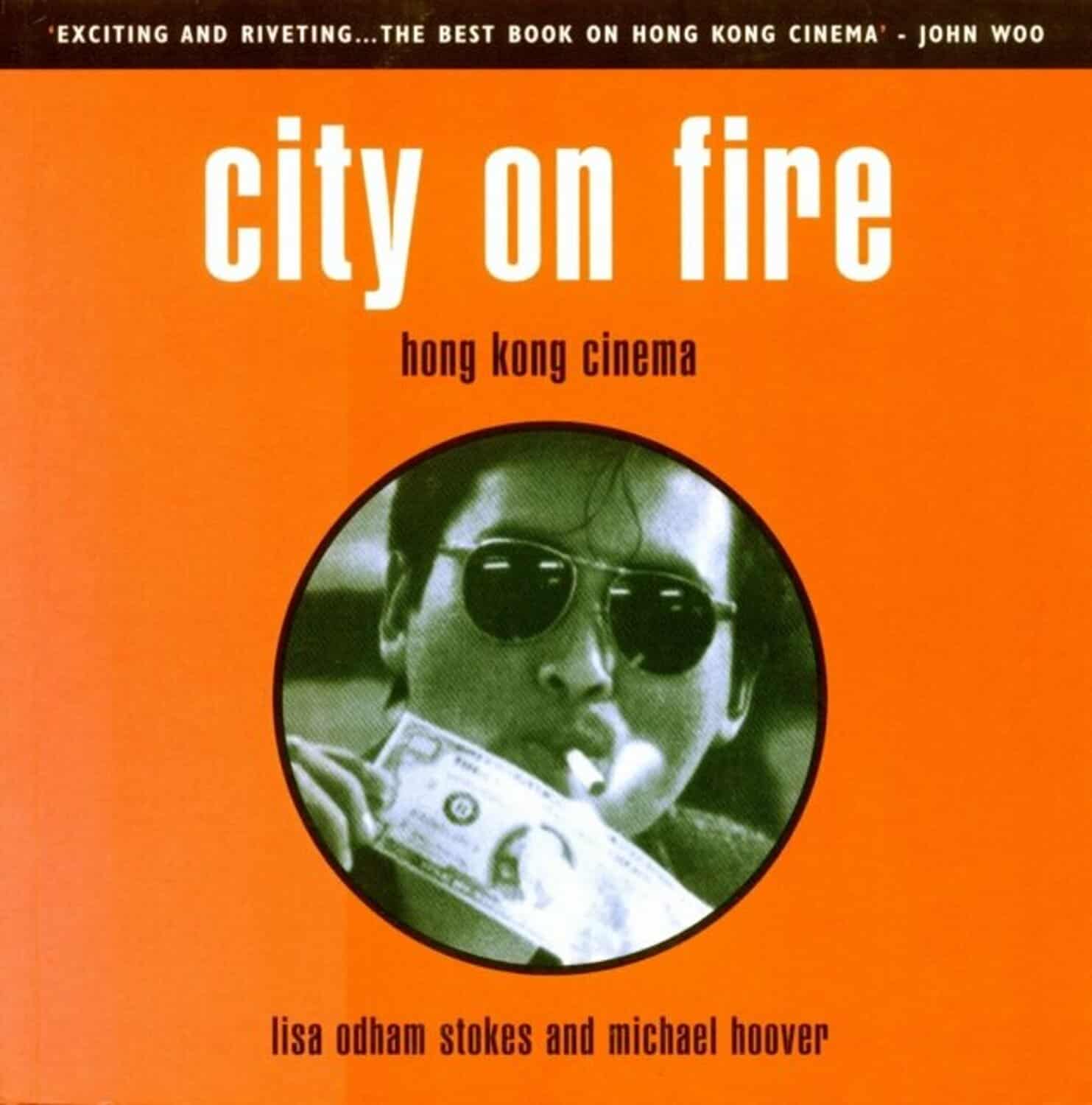
However, before I delve into the many pros of the book, allow me to mention the very few cons. To begin with, the format of “City on Fire” is one of the most uncomfortable to read I have ever stumbled upon, particularly due to its width, which makes its reading on a desk almost a prerequisite. (Yes, when opened, the book is wider than a keyboard).
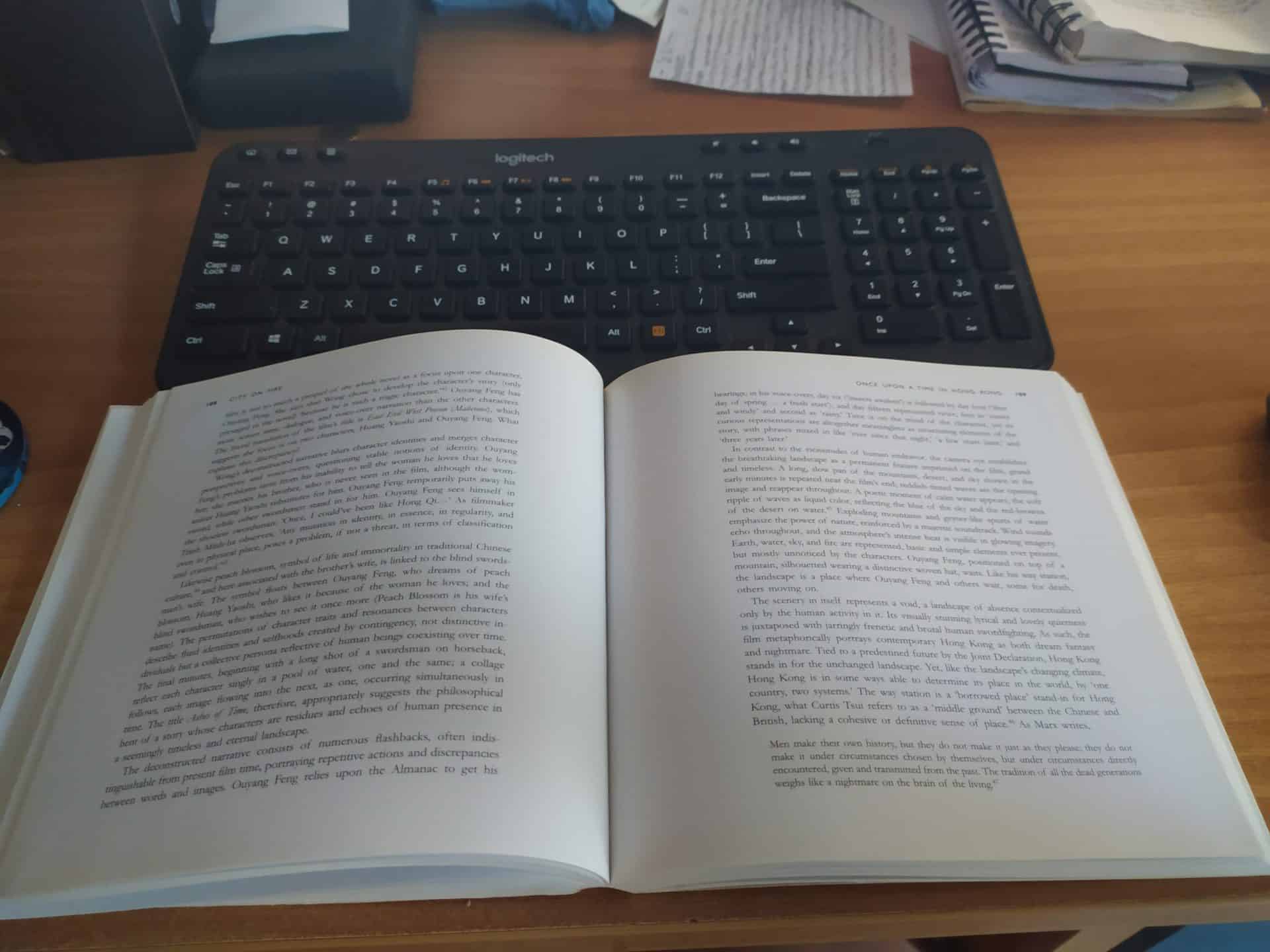
Secondly, the blight of the extensive notes at the end of the edition, which is so common in academic books about cinema, intensifies the difficulty of reading even more. Thirdly, the two authors seem to have a tendency to quote Marx (and occasionally Engels) that borders on obsession, and does not seem to fit the overall style and aesthetics of the book, apart from a few occasions.
Apart from these however, everything else about this book is exceptional. The research the two authors did is of utmost quality, and fills its 360+ pages with facts and analysis that can only be described as excellent in their thoroughness. In that fashion, the “story” begins with the actual history of Hong Kong. The sociopolitical context given in the beginning continues until the end of the book in ideal moments, which explain the reasons the various tendencies of HK cinema emerged and either continued or were abruptly or gradually stopped. In that regard, the handover plays the most central role, “inspiring” filmmakers before, during and after it was implemented.
The book also deals with the ways distribution functioned through the decades, and how companies like Shaw Brothers and Golden Harvest dominated the industry, from their beginning, to their apogee and to their decline. The star-oriented cinema of the 80s, the role of other production and distribution companies like Cathay and Golden Princess, and how a number of local movies came to copy Hollywood ones are among the most interesting chapters. The concept of censorship, and particularly how the people in charge allowed sex, nudity and violence to a point but were very reluctant to allow social and political comments is one of the most intriguing in the book. Furthermore, the authors deal with particular individuals that shaped the scene, including Run Run Shaw and Raymond Chow, but mostly artists like Bruce Lee, Jackie Chan, Donnie Yen, John Woo, Tsui Hark, Wong Kar Wai, Ann Hui and a plethora of others.
Apart from the sociopolitical context, Stokes and Hoover also present a number of cultural comments, as for example the concept of food and its importance in the shaping of HK mentality, the concepts of Jing and Qinq, and the permanent need of the locals for change.
Lastly, the book deals with the reasons behind the decline of HK cinema and the subsequent rise of the mainland one, in one of the most dramatic chapters of the title, while the quotes of many artists that conclude the edition, providing a very entertaining ending.
The language the two authors use is quite easy to read, communicating their research and comments in thorough but not at all complicated fashion, a trait that makes the volume quite easy to read and absorb, despite the size of the information provided.
Despite the format “glitch”, “City on Fire” is an excellent book, and a must-read for anyone who wants to explore HK cinema since its very beginning.


